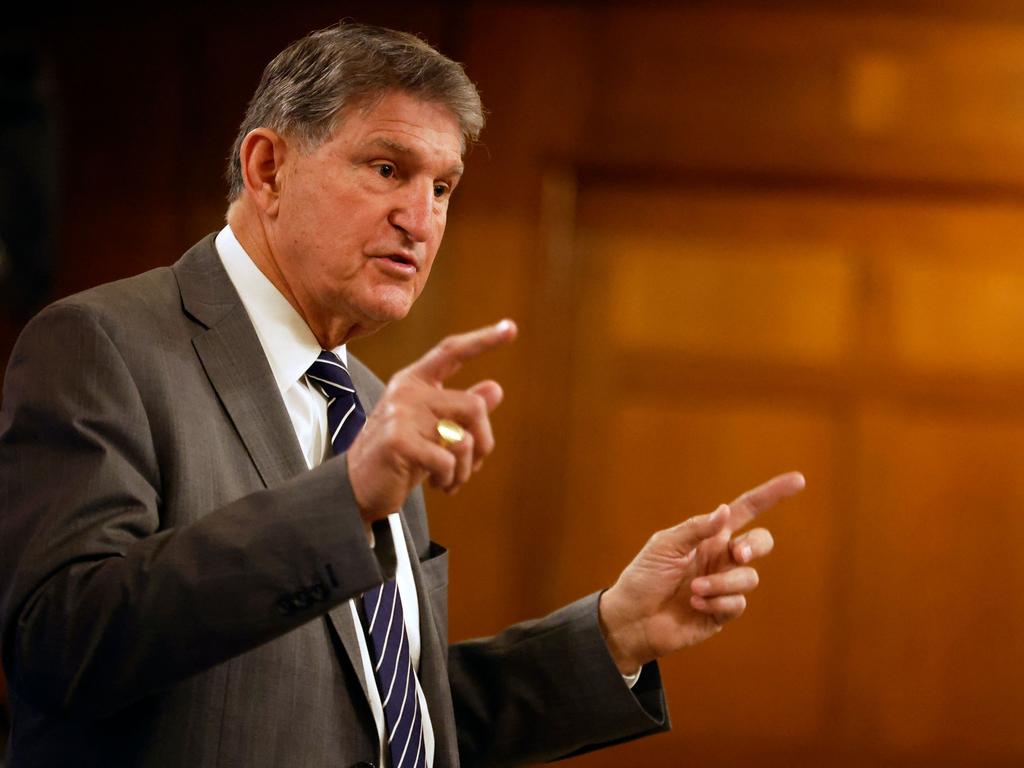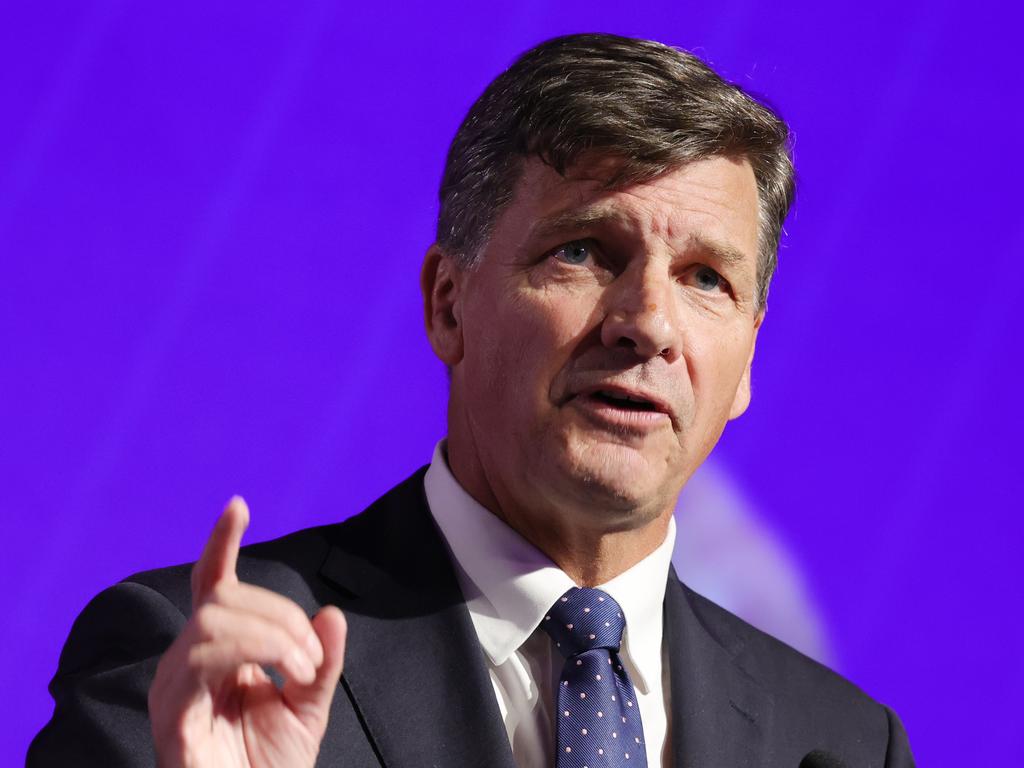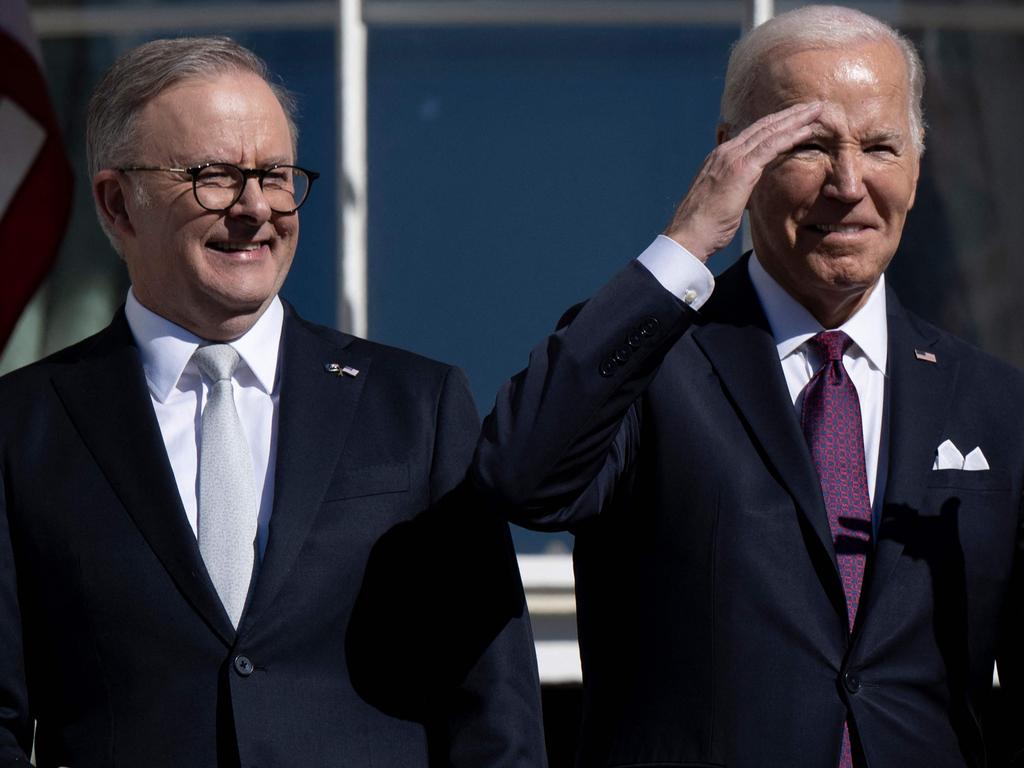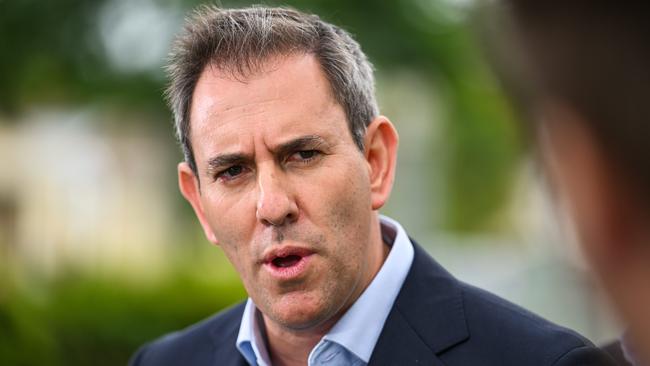
It’s an ominous sign that one of the first items on the government’s agenda after winning a big majority last week is legislating a new tax. So much for the Treasurer’s promise to put productivity at the heart of the Albanese government’s second term.
When government spending and taxation across all levels is approaching 40 per cent of GDP, the last thing the country needs is another tax, let alone a complex, destructive and unfair one that will ultimately punish hundreds of thousands of Australians.
Not content with the extra billions in revenue it already enjoys as a result of bracket creep, the government appears determined to double to 30 per cent the tax rate for earnings in superannuation accounts of at least $3m.
More worryingly, the tax would apply to unrealised capital gains, something the federal government has never targeted before, setting up a shocking precedent for potential extensions of the tax to unrealised gains. And the nominal threshold would not be indexed, either, ensuring revenues would surge from $300m in the first year to about $7bn a year within a decade, according to recent Parliamentary Budget Office estimates.
It’s the sort of tax that would make far-left US senator Elizabeth Warren proud, after she proposed a similar type of wealth tax in the US, which even the Democratic Party chose sensibly not to pursue.
No doubt Labor thinks it’s being clever by proposing to tax only the unrealised gains of “rich people”, and then only within their super. There aren’t many rich people, and they can’t easily withdraw their savings from superannuation.
But all Australians should be concerned. The tax would encourage investors to shift more of their savings out of super and into housing, negatively geared or otherwise – making homes even more unaffordable – or perhaps out of the country altogether. New Zealand doesn’t even have a capital gains tax, let alone one on unrealised earnings.
As Tim Wilson wrote this week, the successful passage of this tax would be a “defining moment for our country”, and not a happy one, seeing for the first time the establishment of a bureaucratic machinery in Canberra to measure and enforce a sort of wealth tax. And who wouldn’t be concerned that machinery would be turned to unrealised gains outside superannuation, to feed our increasingly insatiable government sector?
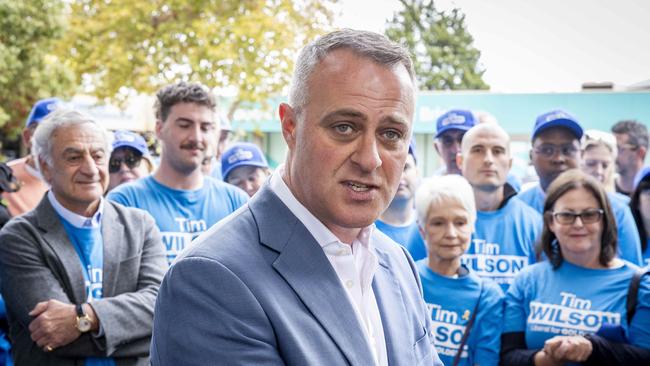
Quite aside from the unfairness of potentially forcing taxpayers to sell assets to pay tax liabilities for unrealised gains that could easily vanish by the time assets are ultimately sold, it’s a logistical nightmare. Valuing privately held companies or rarely traded land is hard enough let alone the art and antiques often held in super funds, yet the proposed tax would require the valuation of such illiquid assets. Costly legal disputes will ensue.
Wealth taxes, where tried, have been duds. Numerous European countries repealed theirs long ago, including Austria, Denmark, Germany, the Netherlands, Sweden and most recently France in 2018.
Norway offers a more recent warning, having lifted its wealth tax to 1.1 per cent in 2022. Even The Guardian reported that 22 taxpaying billionaires left the country that year, more than all such departures combined in the previous 13 years.
The Coalition, which failed to campaign against Labor’s UCGT during the election, is in a difficult position now. If the government insists on recklessly and unnecessarily increasing tax, it could do so in other less damaging ways. It can’t pass the legislation in the Senate without the support of the Greens or the Coalition.
If the emerging campaign to convince the government to dump this tax fails, the Coalition might consider whether to negotiate with Labor to at least remove the worst aspect of the tax, the unrealised component.
If it remains pure, the government will have to turn to the Greens, who have said they want the threshold lowered to $2m.
The Coalition wasn’t only remiss to ignore Labor’s UCGT during the campaign. Superannuation was barely mentioned at all, yet it remains one of the biggest drags on our economy and living standards. A promise to allow savers to use some of their super to buy a house – as long as they ultimately pay it back – didn’t go nearly far enough.
It’s remarkable that while Australians’ living standards have been plummeting, the share of workers’ wages being siphoned off into accounts they can’t touch until they retire has been steadily ratcheting up, from 9.5 per cent to 12 per cent, with barely a peep of criticism.
There’s no established policy in Australia with as many powerful backers as compulsory superannuation, including the union movement, which in effect controls industry funds, and the funds management industry itself, which creams off tens of billions of dollars a year in fees.
Numerous studies show the 12 per cent rate is too high, leaving ordinary people with too high savings in their retirement, and too little during their working years when they need the money to save for housing deposits and the ever-growing costs of raising a family.
If there’s a cost-of-living crisis, why not allow workers at least the option to have some of their mandatory savings paid as ordinary income. Everyone would benefit except the super industry.
The taxation of super remains a dog’s breakfast. Why not tax all earnings in all super funds at the same low rate, say 7.5 per cent, during both the accumulation and decumulation phase, as Labor’s own Henry tax review, gathering dust on the shelves, argued 15 years ago.
That review also identified 125 different taxes levied across the three tiers of government in Australia, urging a massive simplification. Unfortunately, no government since has made any serious effort to do so. Australia is crying out for tax reform, not destructive tax experimentation.
Adam Creighton is chief economist at the Institute of Public Affairs.


